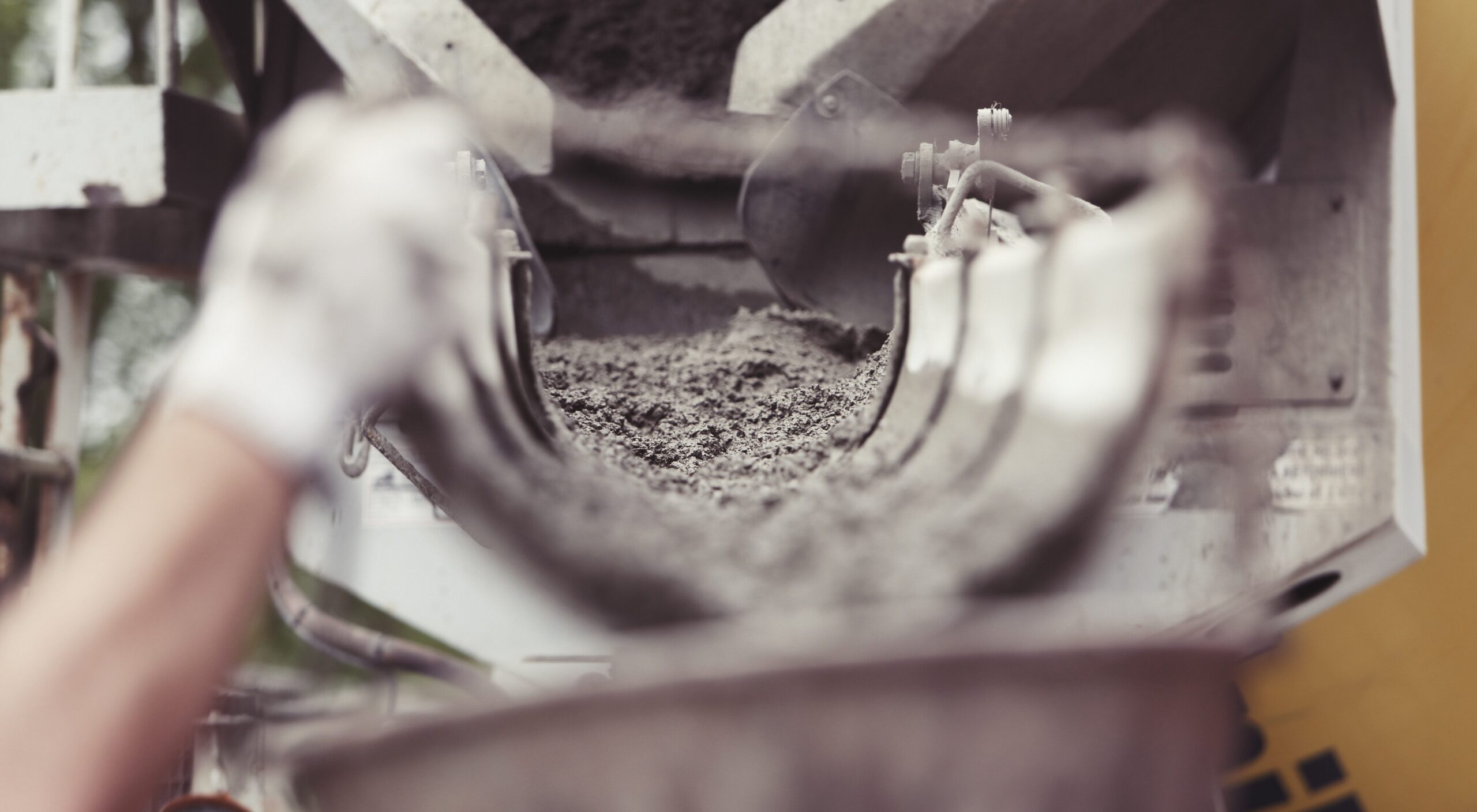The small increase of 3.1% in the consumption of cement in Catalonia during the month of September consolidates the recovery noted during the current year and puts the volumes of activity in the industry at pre-pandemic levels. Thus, in the last 12 months, consumption has reached a figure of 2.17 million tons, slightly higher than the 2.10 million tons registered in September 2019. Also gray cement production, with 3.25 million tons, exceeds the 3.10 million of 2 years ago. On the negative side, exports fall (1.99 million tons compared to 2.12 in 2019).
The Catalan cement industry faces the immediate future with the hope that 2022 will constitute the best year of the last decade in terms of magnitude of activity, although still very far from the dimensions estimated as adequate for a country with the population and the level development of Catalonia. What is clear, however, is that it will be a period of high investment to meet sector commitments towards climate neutrality.
The Roadmap of the Catalan cement industry plans to improve its processes and products to prioritize environmental objectives, increase energy efficiency and contribute to the reduction of emissions, assuming the challenge of combating climate change as a challenge. In this sense, it has been set to achieve climate neutrality throughout its entire value chain by 2050, with a significant reduction in CO2 emissions already in 2030 to ensure the path of reduction towards the 2050 objectives.
For this reason, from the Ciment Català employers’ association, President Salvador Fernández Capo calls for “the support of the public powers” for the various actions that the sector must undertake, such as the use of biomass and other carbon-free energy sources. the implementation of technologies to capture and store carbon dioxide or the improvement of the energy efficiency of industrial processes. The manager assures that “if the Public Administrations do not take this investment effort into account and adopt specific measures to help, we will find ourselves with the paradox that some factories here will have to close while those abroad, from which the product must be imported, they will continue to pollute on a global scale”.

